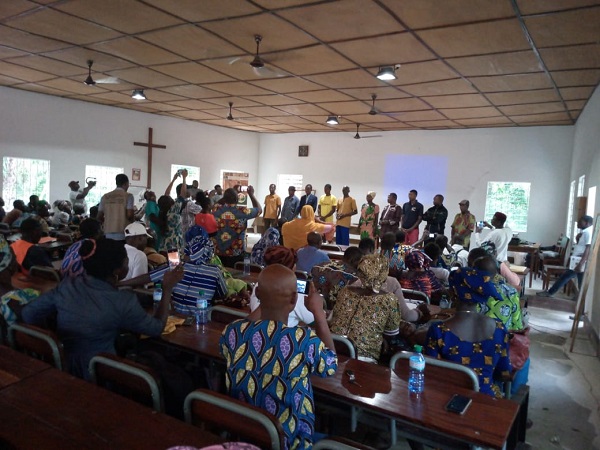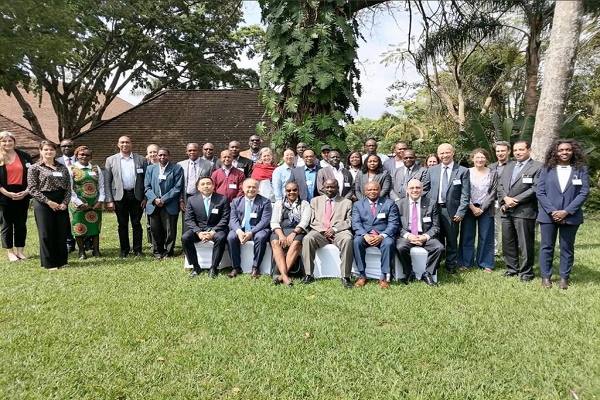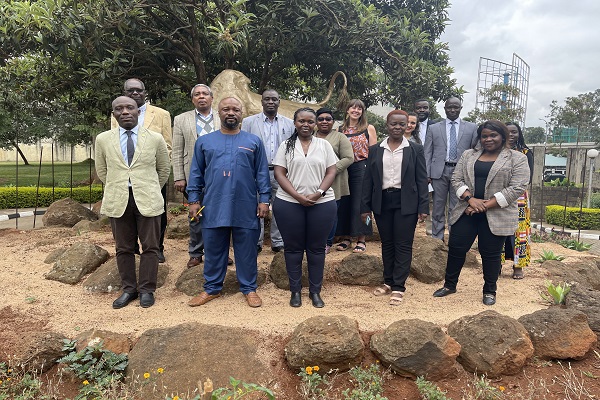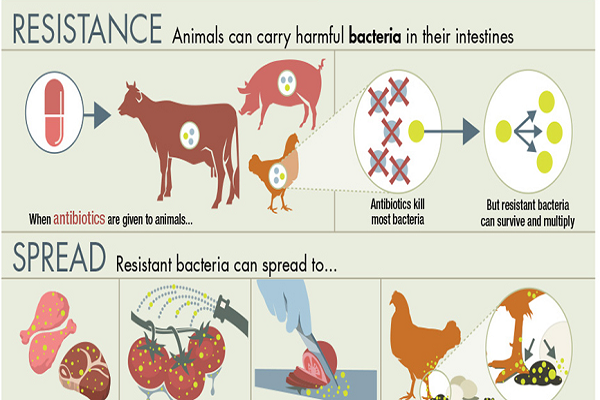Sustainable Development of Livestock for Livelihoods in Africa
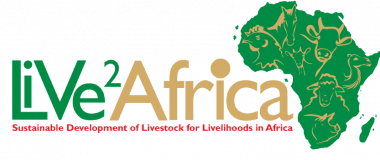
Project Brief/Background
The Live2Africa Programme is an innovative initiative funded by the European Union and implemented by AU-IBAR. The project started in 2017-2021; and was granted a No-Cost Extension to 2023.
The overall objective of the Project is "To support transformation of the African livestock sector for enhanced contribution to environmentally sustainable, climate resilient, socio-economic development and equitable growth".
The programme’s Specific Objective is "The systemic capacity of continental, regional and national Livestock Sector stakeholders for the economically, environmentally and socially sustainable transformation of the livestock sector is strengthened".
The Project approach comprises three areas of focus: (i) Implementation of the Livestock Development Strategy for Africa; (ii) Investment in Regional Livestock Value Chains; and (iii) Facilitating stakeholder engagement and functionality.
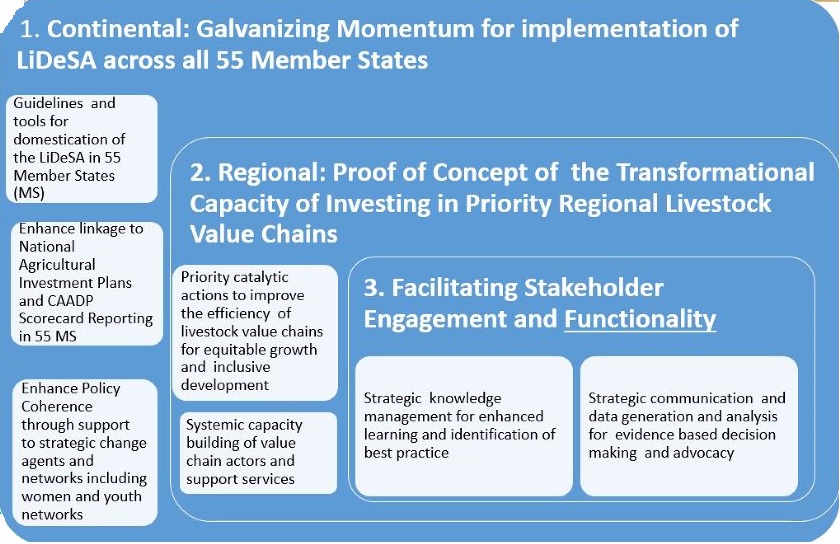
There is a strong business case for investing in Africa’s livestock sector. FAO indicates that the African market for animal-source foods, estimated at US$ 51 billion annually in 2005-07 (FAOSTAT farmgate prices) is expected to triple by 2050 to more than US$ 151 billion annually (FAO 2011, UNSIC, 2014) This growth in demand is driven by some of Africa’s fastest growing economies in the past decade, increasing population and the emergence of an urban centric middle class spurring rapid growth in the consumption of animal source foods.
This represents a substantive growth in the continent’s market with major expansion of food economies as disposable incomes grow and urban populations become increasingly dependent on markets than directly on farms. Already the livestock sector generates 20 to 80% of the added value in a number of African countries and is the fastest growing sector in some African countries. With this trend of more urbanized lifestyles, it is expected that the share of livestock as a proportion of agricultural GDP in Africa will increase.
Through its implementation, the project seeks to translate the broad, comprehensive outlook of the twenty-year (2015 - 2035) Livestock Development Strategy (LiDeSA) into a definitive program that will harness AU-IBAR’s continental mandate to catalyze growth of the livestock sector. Live2Africa takes a livestock value chain approach which has the greatest transformation potential that seeks to address inefficiencies and generate value at each segment. The Live2Africa project gives effect to the LiDeSA and is aligned with Agenda 2063 Development Goals. The Live2Africa Project is designed to deliver catalytic action that will trigger both commercialization and an inclusive livestock sector transformation at continental scale.
Outcomes/Objectives
Building directly from the programme’s objectives, Live2Africa is centred on seven result areas, which are organised around the four LiDeSA strategic objectives as follows:
- Result 1: Investments in livestock value chains (LVCs) are increased;
- Result 2: Animal Health Delivery Services are improved;
- Result 3: Animal Production, Productivity and Ecosystem Management are enhanced;
- Result 4: Resilience of Livestock Production Systems are strengthened;
- Result 5: Technology adoption in the Livestock Value Chains is increased;
- Result 6: Access to inputs, services, markets and value addition are increased;
- Result 7: AU-IBAR capacities are strengthened.
Results and Activities
The programmes main activities include:
- Continental level/inter-regional/cross-border coordination (e.g. setting up of the technical working groups of the Engagement Platform);
- Knowledge Management (e.g. indicating areas of achievement, challenges, emerging insights, and dissemination of best practices and lessons learnt to stakeholders);
- Policy guidance (e.g. dissemination of policy briefs to decision makers, policy briefings during stakeholder meetings);
- Facilitation of common positions (e.g. facilitating relevant technical experts in formulating common positions); and
- Monitoring and Evaluation, quality control, capacity building through trainings on specific technical matters, institutional reforms and transformation (e.g. review and enhancement of policies and legislation).
These activities are achieved by delivering the continental component of LideSA through technical assistance to African Union member states and Regional Economic Communities (RECS). These actions foster livestock sustainability, looking closer on how climate change affects livestock systems, improving resilience of farmers and livestock keepers and developing gender sensitive intervention methods and tools. Notably, Live2Africa incorporates several cross-cutting issues, namely: Environment and Climate Change; Animal Genetic Resources; Gender and Youth; Nutrition; Rights of indigenous communities, and Public Private Partnerships (PPP).
The programme connects a unique blend of partners representing: Livestock producers, Private Sector Actors, Civil Society and Stakeholders Organisations, National Governments of the Member states, Regional Economic Communities, other regional public institutions and the African Union Commission Department of Rural Economy and Agriculture (DREA), and International/global Organisations. Therefore, in the spirit of SDG 17 on Partnerships for the Sustainable Development Goals, the Live2Africa programme leverages partners’ knowledge, expertise, resources and networks to identify key needs to advance Livestock Development in individual country and regional contexts.
Resources
Project documents are available on the Live2Africa Project Repository.
Access information sources on Livestock by searching on the AU-IBAR Repository
Sign-Up and Engage with stakeholders in the Livestock sector through the AU-IBAR Community Platform



